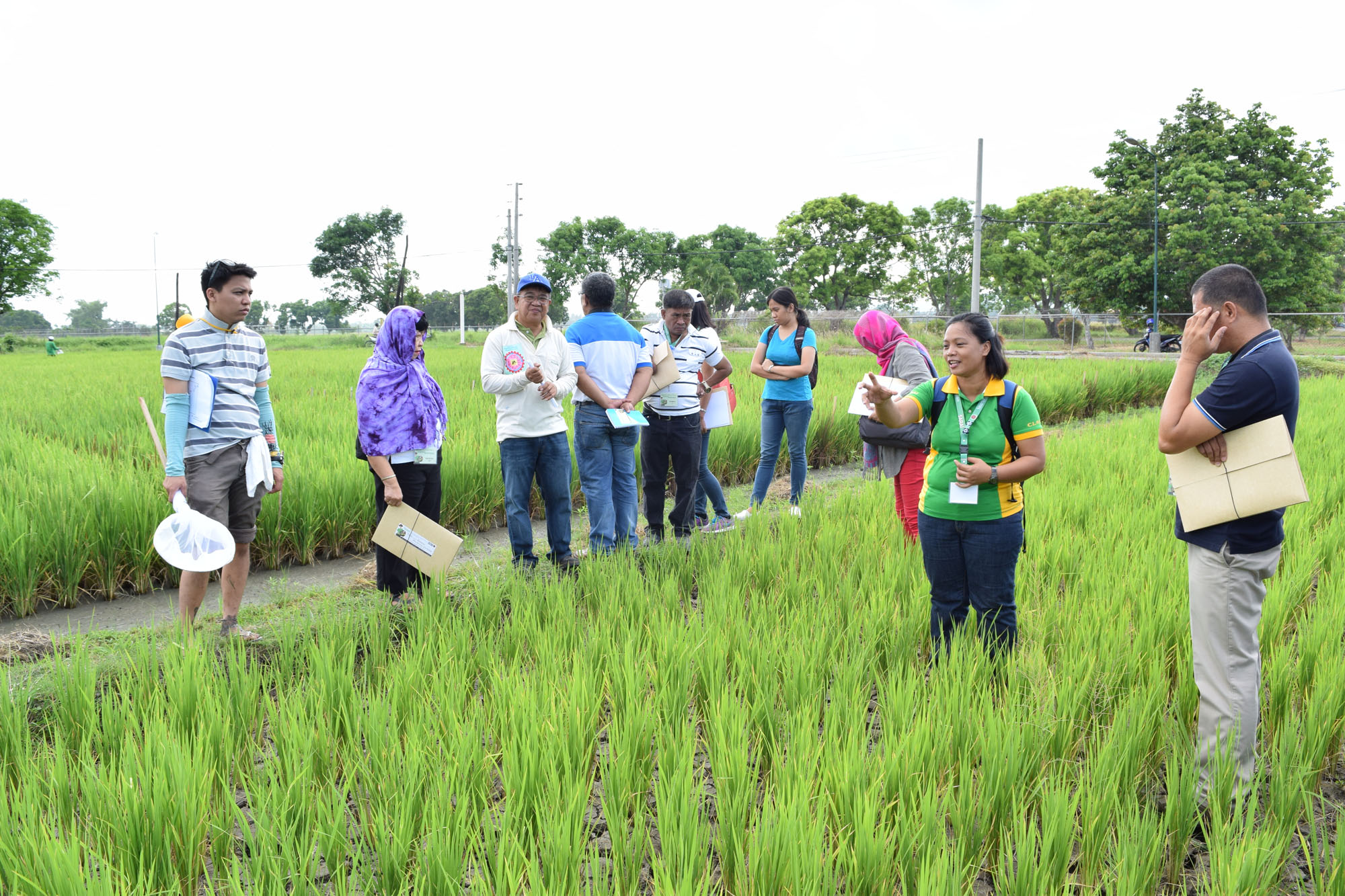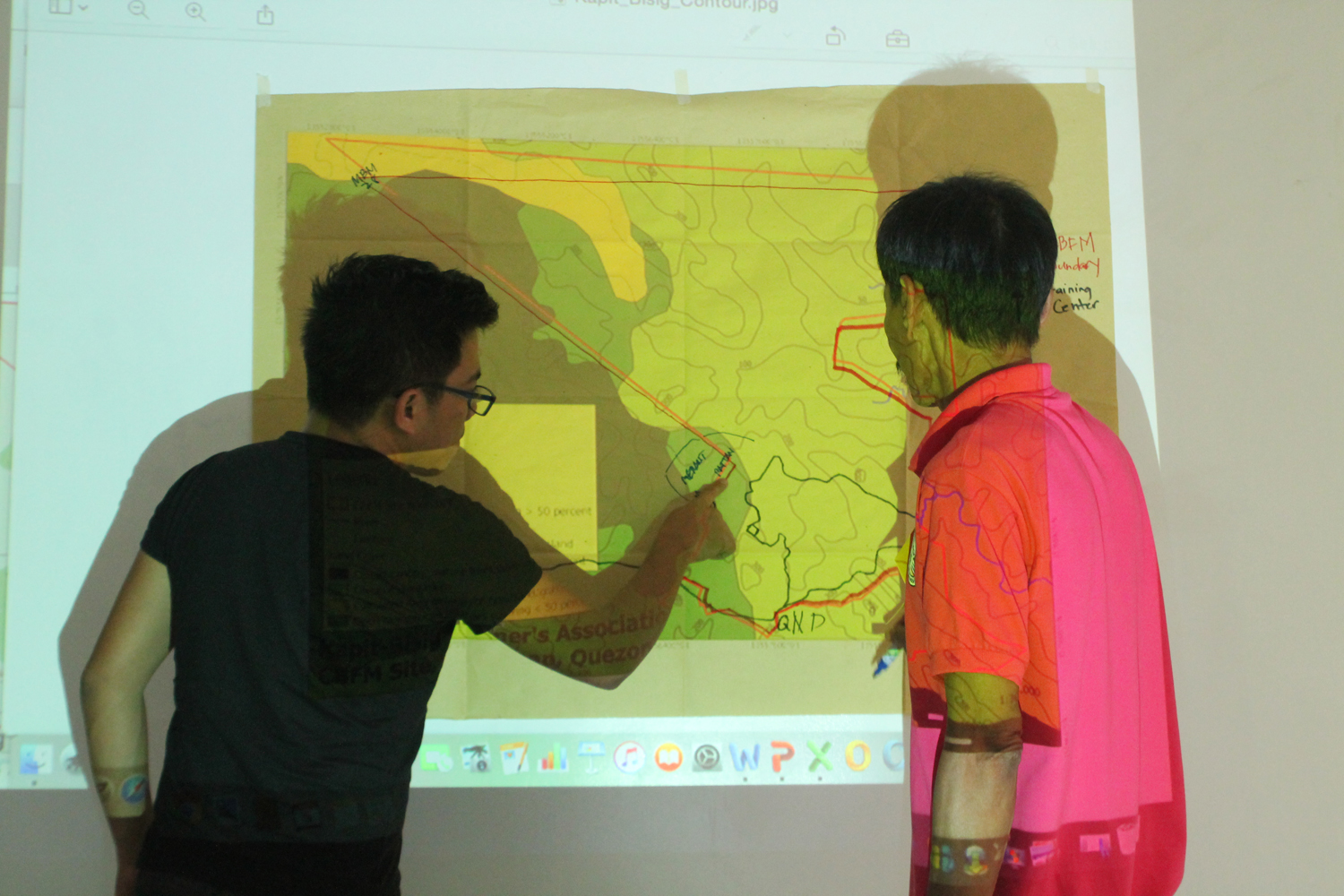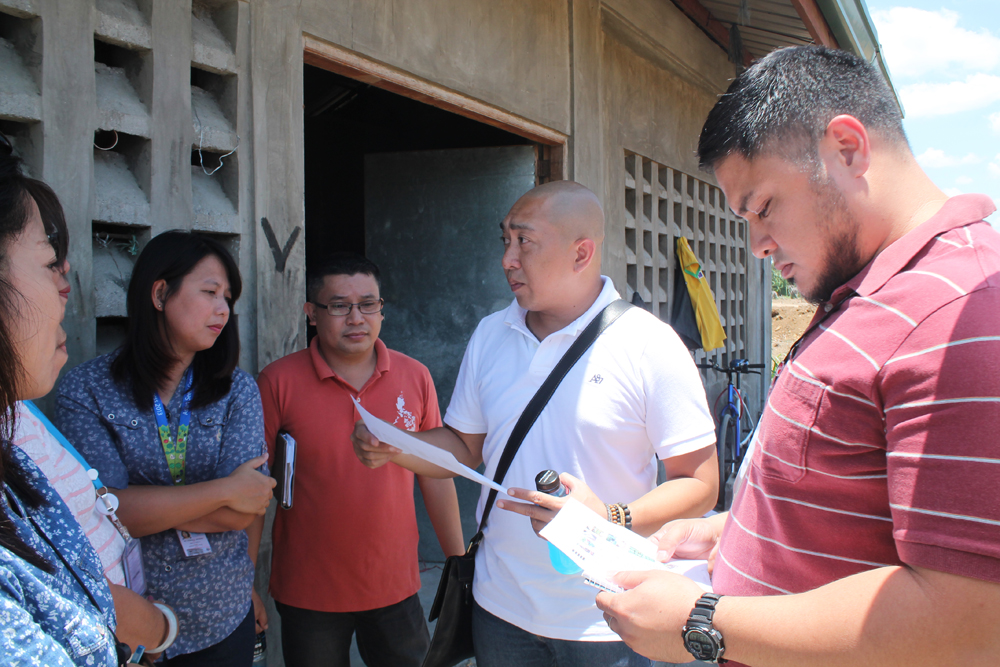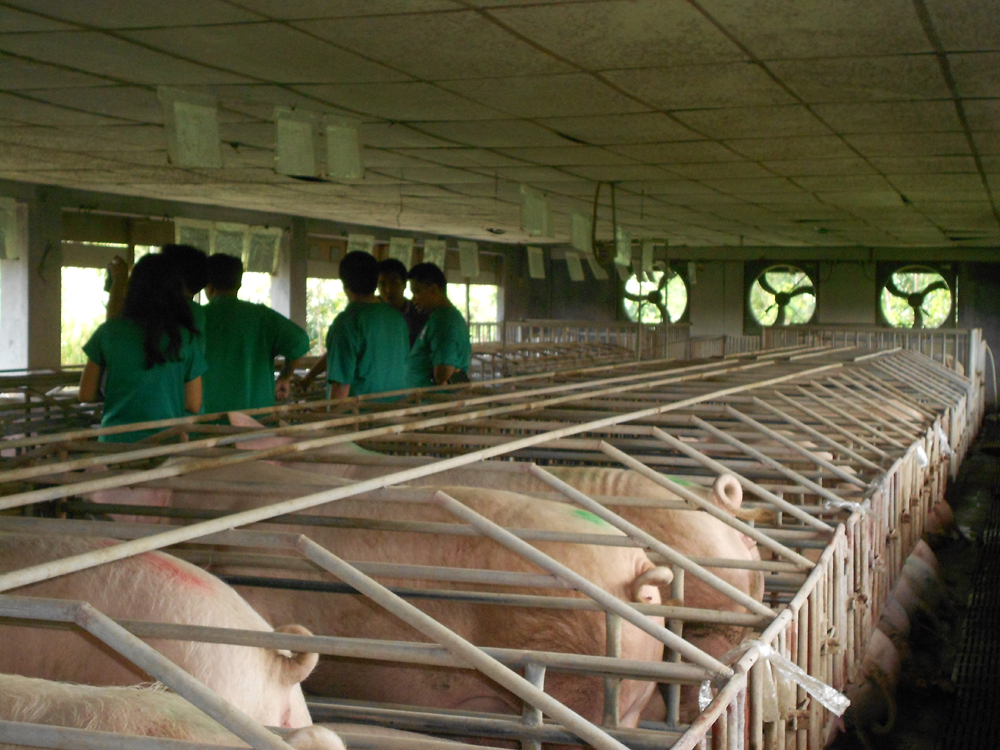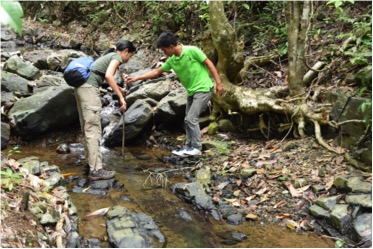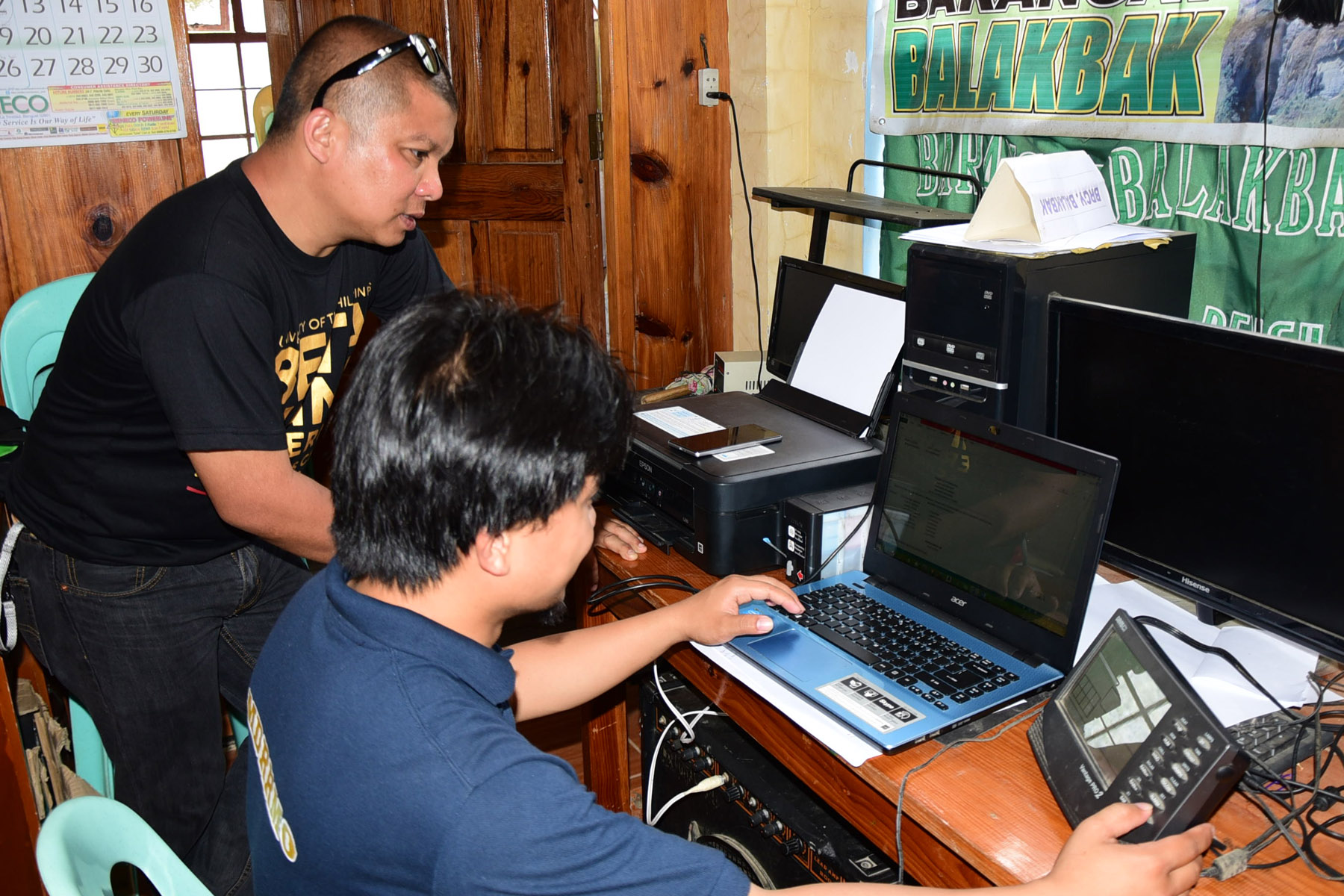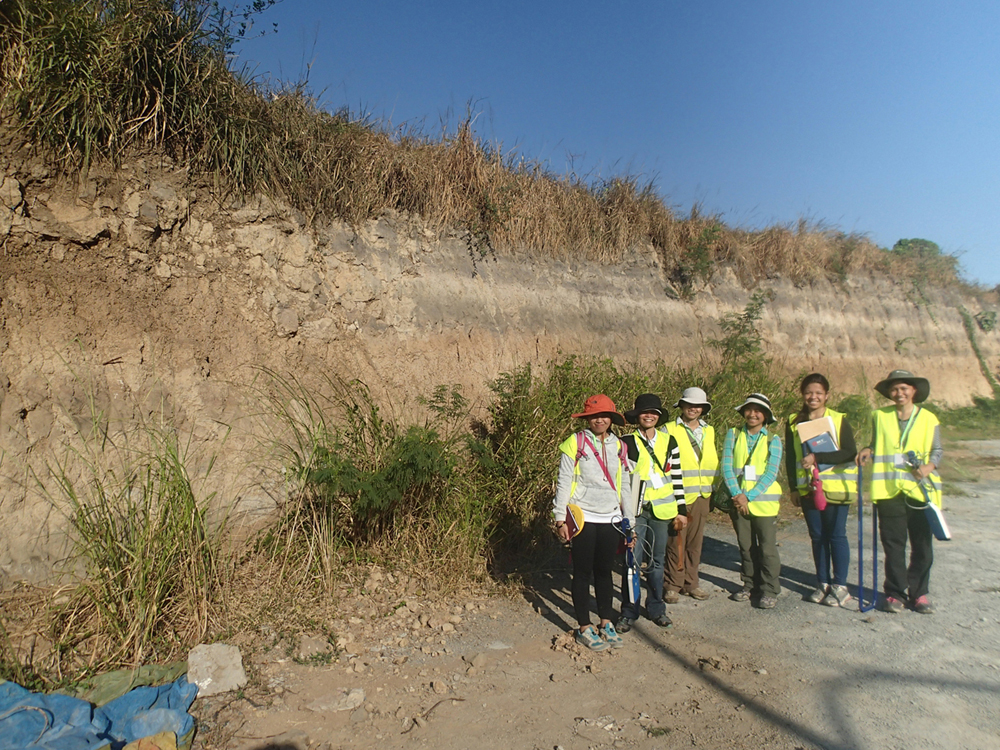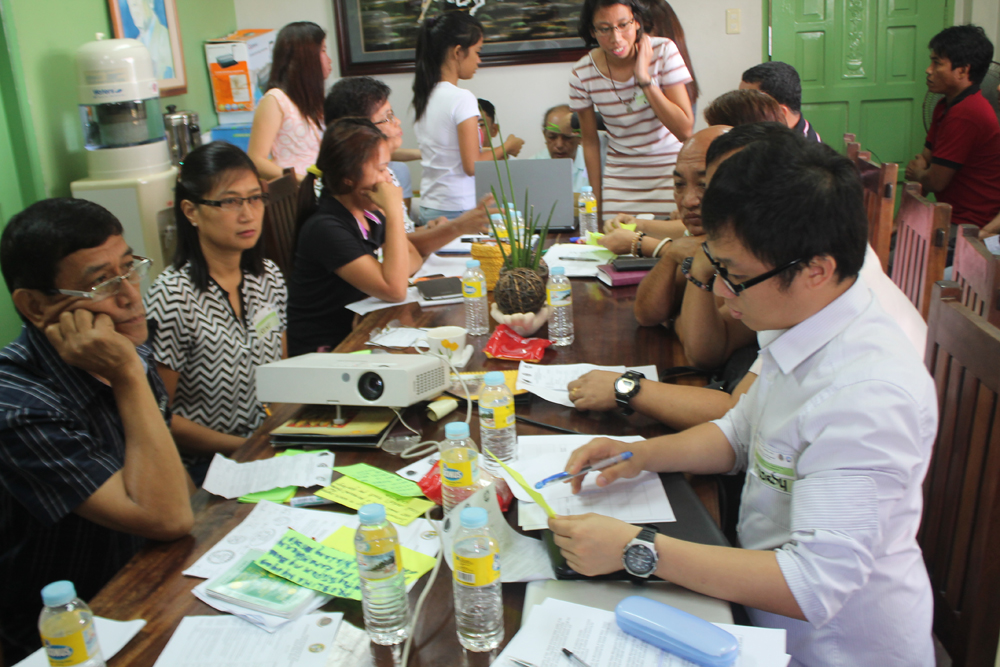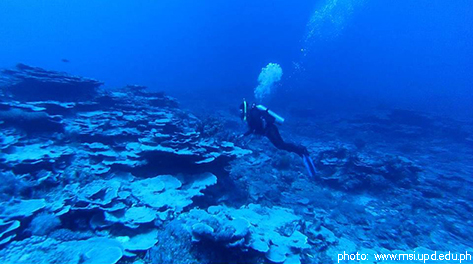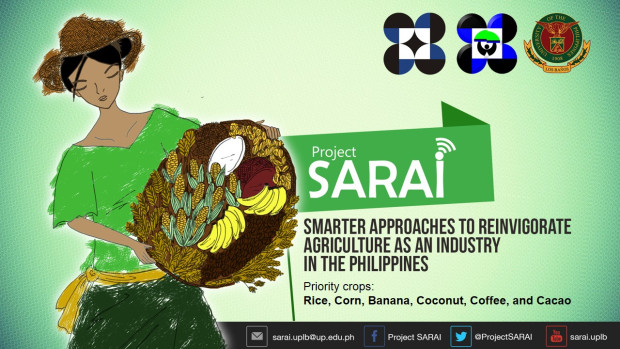Overview: Advances in information technology, cropping systems modeling, geographic information systems (GIS), and field sensors can be combined to develop decision support models and early warning system that will help farmers and policy makers to come-up with sound and science-based judgments under uncertain situation brought about by climate change.
The development of a Smarter Approaches to Reinvigorate Agriculture as an Industry in the Philippines (SARAI) that integrates different decision support systems and models into one set-up is the realization of such an early warning system.
Objectives: The main objective of SARAI is to recommend science-based crops and cropping system technologies, protocols and long-term strategies geared towards maximizing crop yield and minimizing adverse environmental and climate impacts on six priority crops: rice, corn, banana, coconut, coffee and cacao.
SARAI will generate an online environment decision support system which will provide timely crop advisories and crop forecasts for the agricultural sector.
Of the 5 component projects, SESAM is directly involved in two:
Project 4. Capacity and Knowledge-Building
• Analyzed training needs
• New and complementary training tools and activities
• Conduct of trainings, IEC and joint learning activities on smarter farming techniques, ICM, DSS, AWS/Sensors
Project 5. SARAI Mainstreaming
• Identification of policy issues and formulation of policy papers
• Publication of research results
• Organization of planning and scientific meetings
• Establish: Crop-Climate Forecasting and Modeling Laboratory
• Build consortium to ensure sustainability

